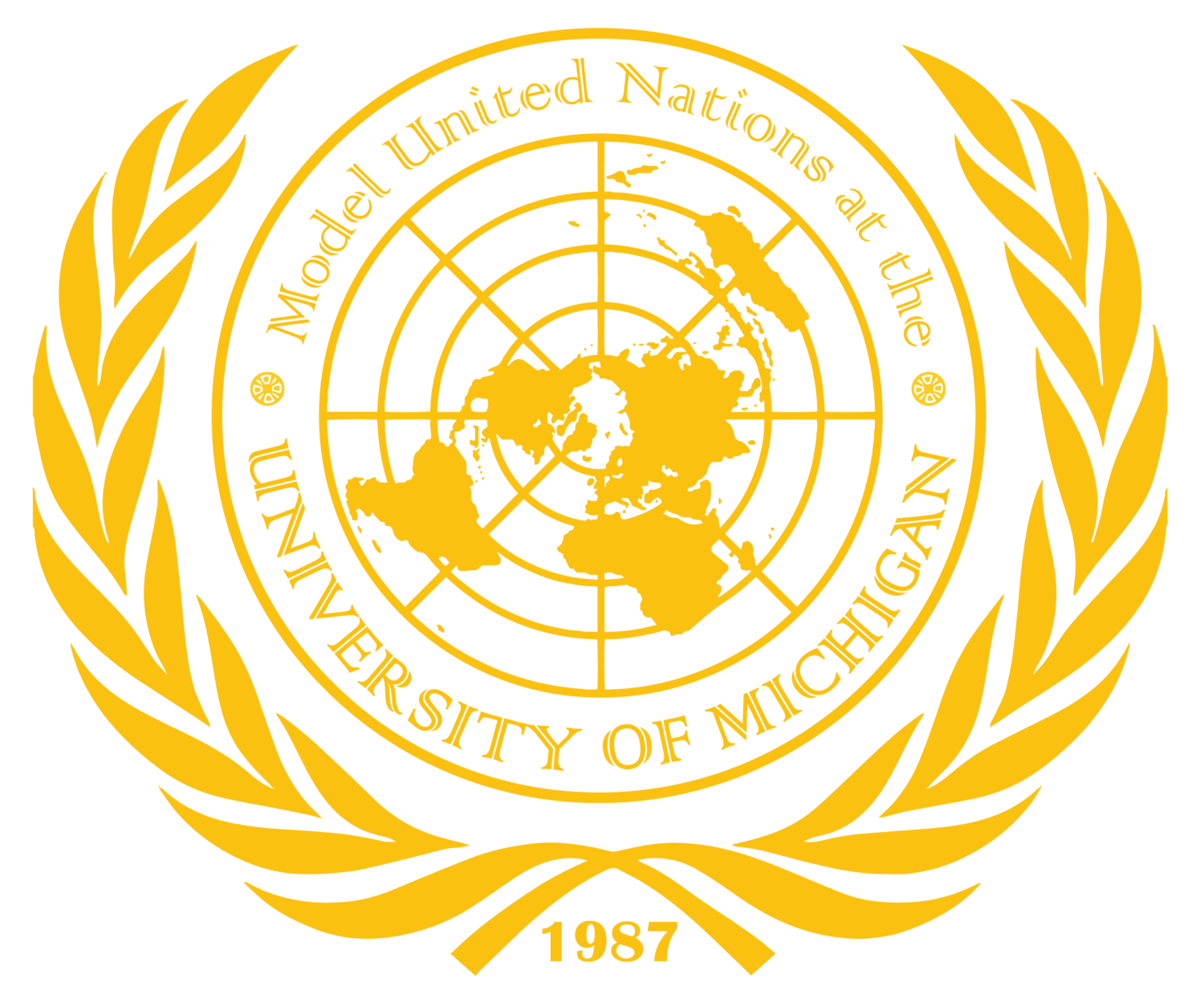By: Quinn Riordan
The Goryeo Court has been plagued with espionage, assassinations, bribery, and possible treason. However, as the court holds elections to find the new successor to the throne, the civilian voice matters. The court passed a directive creating polling for the people which can sway the election held within the court, enforcing those running to reach out to the citizens, banning bribery, or promising government positions, and barring the vote from those running in the election. All of these actions are promoting democratic ideals which will benefit the Goryeo Dynasty as a whole: unifying the people, decreasing corruption and strengthening the nation.
This switch to elections with the people has forced the candidates to go speak with the civilians and enact directives that directly benefit them. Im Chon and Kim Busik have bolstered their campaign through creating a connection with the people and for the people.
“We have helped people rebuild their homes, provided food and clean water, and have plans to go back to a domestic economy for the people. We have listened to what they want, and worked to provide it. With education we have been promoting sustainability and religious unity throughout our grand Dynasty and have been gaining the support from the people,” Im Chon said.
These directives are beneficial to diminish the corruption within the Goryeo Court. The court has been mostly focused on personal benefit and power rather than the nation as a whole, and this new switch promotes the ideas of democracy and progress to push the nation forward. Democracy is defined as a government of the people, for the people and by the people. With the direct participation of citizens, it expands the power to everyone, and makes a nation stronger and more free. Elections are essential because they give the people the power to choose their ruler who can then represent the views and needs of the people.
“The Goryeo Court is taking a progressive leap allowing women, monks, and different religions to run for the throne and hold an election within the court. Why should we not extend this democracy and power to the people, and show that the great Goryeo Dynasty is for people too?”, former Princess Yeondeok said.
However, the members of the court do not all share the same view on the power of the people and their role in the election. Some have continued to secretly assassinate and bribe other members, despite the push for a fair election. The blatant disregard for even the directives passed within the court display the utter dismissal of the people and are restricting the Goryeo Dynasty from growing and developing as a power. They believe that “the court is made up of those made to be in power, the smartest and strongest, and they would be the best rulers for the people,” Yi Lee Jagyeom said.
Yet, the holding of elections is a necessary change in the years of the royal and wealthy court consolidating power to themselves. Elections are pivotal to the quality and vitality of a country’s government and can either greatly advance or set back a country’s development. The choice to open elections and include a citizen voice, although not fully, will advance the Goryeo Dynasty and improve the relations of the court and the people.
The Goryeo Dynasty court must continue to expand their connection with the people and ensure the reflection of the people’s will within the court’s decisions. It is unclear how far the court will expand this inkling of democracy, but it is clear the positive implications and outcomes from including the people within the election for both the Dynasty and the nation.
Im Jong and Prince Po ran together and won the election, the two now the rulers of the Goryeo dynasty. The hope is that they will continue to meet with and make decisions for the people to further the dynasty, and allow it to become more stable and prosper.


